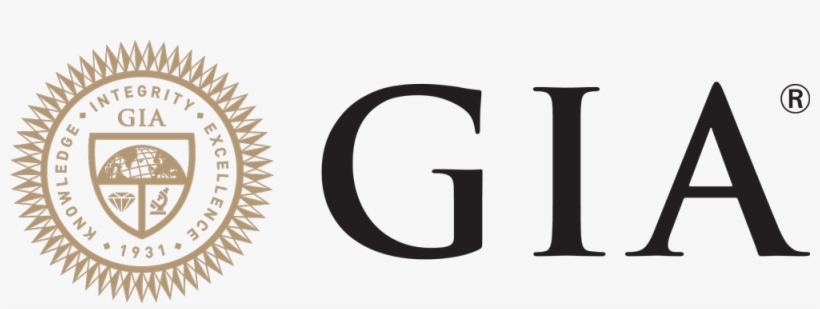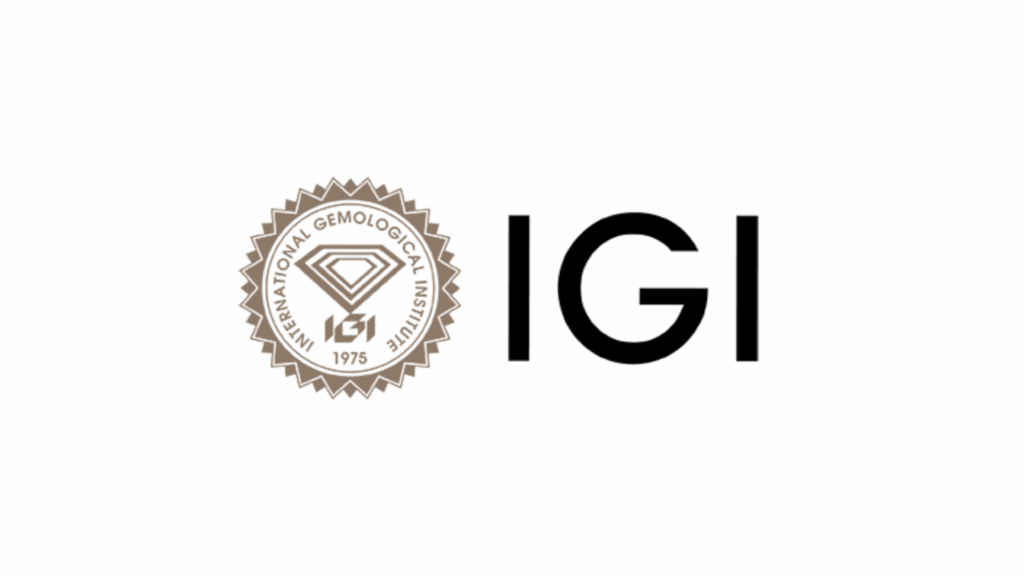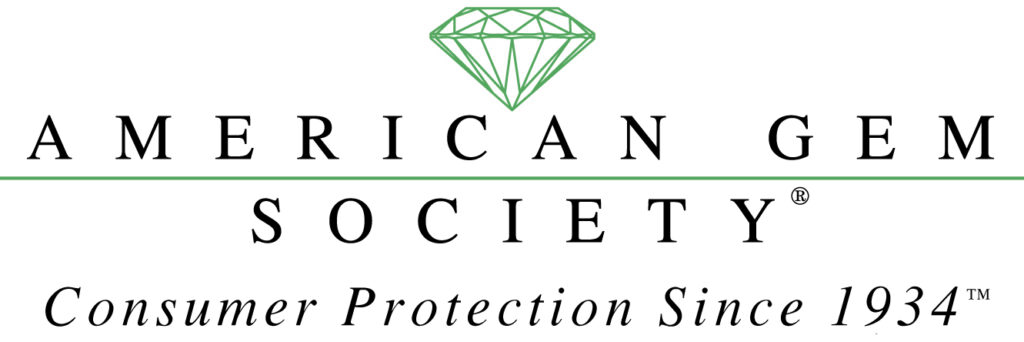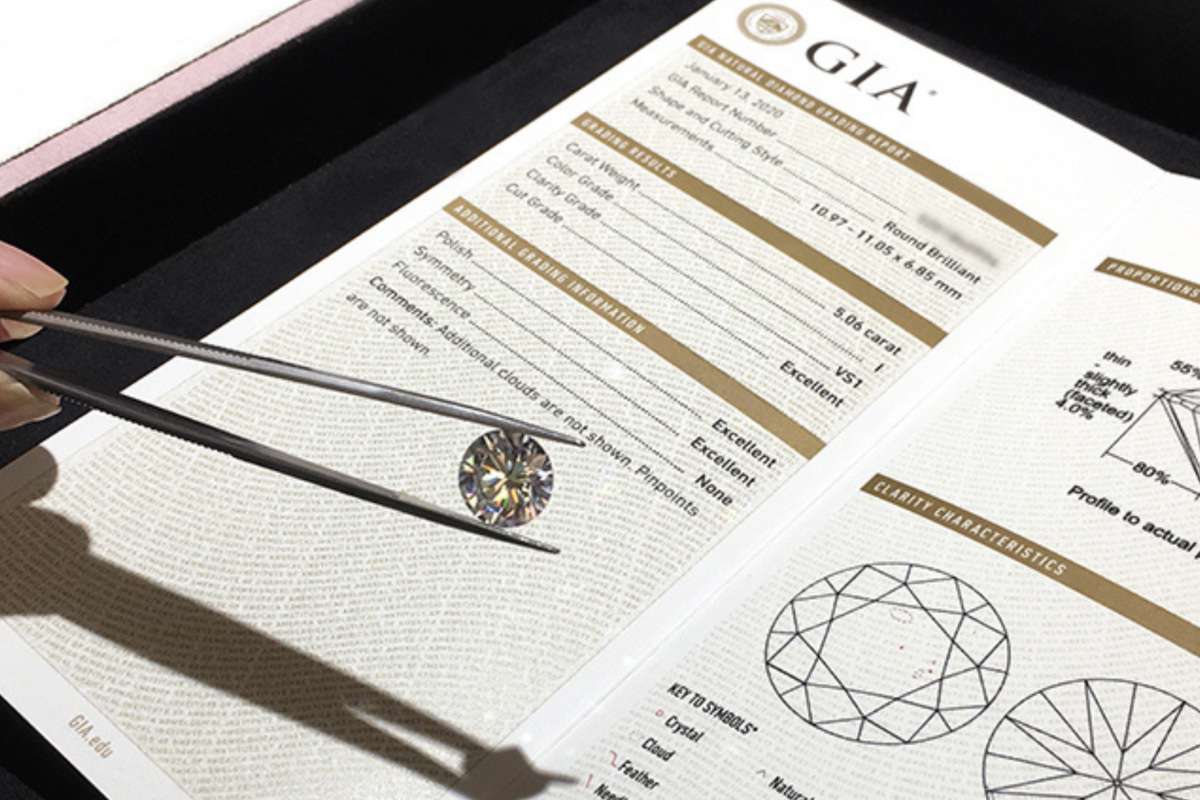Who Certifies Lab-Grown Diamonds?
When you’re considering purchasing a lab-grown diamond, it’s crucial to know who certifies these gems to ensure their quality and authenticity. Organizations like GIA, IGI, and AGS play a pivotal role in this process, but have you ever wondered how they evaluate these diamonds and what standards they uphold? Understanding the certification process can provide peace of mind and protect against misrepresentation in the market. However, with the industry rapidly evolving, new trends in certification are emerging. So, how do these trends impact the future of lab-grown diamond certifications?
Leading Certification Organizations
When it comes to certifying lab-grown diamonds, several leading organizations play a pivotal role in ensuring their quality, authenticity, and transparency. The most prominent among them are the Gemological Institute of America (GIA), the International Gemological Institute (IGI), and the American Gem Society (AGS). Each organization has distinct strengths and approaches to certification:
1. Gemological Institute of America (GIA)

The GIA is widely regarded as the gold standard in diamond certification due to its rigorous grading practices and a global reputation for reliability. Since 2006, GIA has been certifying lab-made diamonds with the same meticulous standards applied to natural diamonds.
Key features of GIA certification include:
- Detailed grading reports covering the 4Cs (cut, color, clarity, and carat weight).
- Advanced technologies, such as spectroscopy and microscopy to assess diamond characteristics.
- A unique report number is inscribed on the diamond’s girdle for traceability
- While GIA certification is often more expensive than alternatives, it is highly valued for its strict grading standards and credibility.
2. International Gemological Institute (IGI)

The IGI is one of the most popular certification bodies for lab-grown diamonds due to its cost-effectiveness, speed, and detailed reporting. Established in 1975, IGI has a global presence and is particularly favored by major jewelry retailers.
Key aspects of IGI certification include:
- Comprehensive reports detailing the 4Cs as well as growth methods (e.g., Chemical Vapor Deposition or High-Pressure High-Temperature processes).
- Diagrams illustrating inclusions and blemishes for transparency.
- Accessibility and affordability compared to GIA certifications.IGI has become a go-to choice for lab-grown diamonds, especially in markets like the U.S., Canada, and Europe.
3. American Gem Society (AGS)

The AGS is renowned for its scientific approach to diamond grading, with a particular emphasis on cut quality and light performance. Its unique cut grading system uses a scale from 0 (ideal) to 9.
Features of AGS certification include:
- High precision in evaluating cut quality.
- Reports that also cover diamond color grades and clarity grades.
While AGS certifications are slightly less common than those from GIA or IGI, they are highly respected for their focus on cut grading.
Other Notable Certification Bodies
Additional organizations, such as the Gem Certification & Assurance Lab (GCAL) and Gemological Science International (GSI), also provide certifications for lab-grown diamonds. GCAL specializes in optical symmetry analysis, while GSI employs advanced automation for accuracy. However, these certifications are less widely recognized compared to GIA, IGI, and AGS.
Comparison of Certification Bodies
| Organization | Strengths | Considerations |
|---|---|---|
| GIA | Strict grading standards; global trust | Higher cost; fewer certified lab diamonds available |
| IGI | Affordable; detailed reports | Perceived as slightly lenient compared to GIA |
| AGS | Unique cut grading system | Less common; looser color/clarity grading than GIA |
In summary, choosing a certification depends on priorities such as budget, grading rigor, or specific features like cut quality emphasis. All three, GIA, IGI, and AGS, are credible options that enhance consumer confidence in lab-grown diamonds.
Certification Process Overview
Certifying lab-made diamonds involves a meticulous process that ensures each stone meets industry standards.
First, you submit the diamond to a recognized gemological lab. These labs use advanced technology to evaluate the diamond’s characteristics. They assess the stone’s cut, color, clarity, and carat weight. Experts analyze the diamond’s internal and external features using precision instruments, aiming to provide an accurate assessment.
Next, these experts generate a comprehensive report detailing their findings. This report is your diamond’s certification, serving as a guarantee of its authenticity and quality. It includes a unique identification number and a detailed analysis of the diamond’s attributes.
Quality Standards for Certification
Adhering to rigorous quality standards is imperative to ensure the meaningfulness of your lab diamond’s certification.
These standards evaluate the diamond’s cut, color, clarity, and carat weight—the famed 4 Cs. When your diamond meets these criteria, it guarantees consistency and reliability in its grading.
Reputable certification bodies like the Gemological Institute of America (GIA) or the International Gemological Institute (IGI) set the bar high with precise evaluation procedures.
You’ll want to ensure the certification process includes advanced technology to analyze each diamond’s attributes. This ensures that the gem’s lab origin and physical properties are accurately documented.
Certification not only verifies quality but also provides you with transparency and confidence in your diamond’s value and authenticity.
Importance of Certification
In light of the vast array of diamonds available, certification becomes crucial to ensuring you’re making a wise investment. When considering lab-grown diamonds, a certified stone guarantees you’re buying exactly what’s advertised.
Certification provides an independent verification of a diamond’s characteristics, like cut, color, clarity, and carat weight. It offers peace of mind, knowing you’re purchasing a legitimate product.
Without certification, you risk buying a diamond that mightn’t meet your expectations or might be falsely represented. It’s a safeguard against potential misrepresentation and subpar quality.
Future Trends in Certification
As you’ve seen, certification plays a vital role in ensuring the integrity and authenticity of lab diamonds.
Looking ahead, certification standards will likely evolve with technological advancements. You can expect more detailed reports that include advanced analytics on a diamond’s origin, carbon footprint, and ethical sourcing.
Blockchain technology might also become a staple, providing an immutable record of a diamond’s journey from lab to market.
With growing consumer awareness, transparency will become even more crucial, pushing certifying bodies to adopt digital solutions for easy access and verification. As eco-consciousness grows, certifications focusing on sustainability will gain prominence.
FAQs
How Long Does It Take to Certify a Lab-Grown Diamond?
Certifying a man made diamond usually takes a few weeks. You send it to a gemological lab, and they assess it for quality and characteristics. Once completed, you’ll receive a detailed report verifying its authenticity and value.
Can Consumers Verify a Diamond’s Certification Independently?
You can independently verify a diamond’s certification by checking the report number on the certifying laboratory’s website. Make sure the details match your diamond.
Are There Differences in Certification Between Countries?
Yes, there are differences in diamond certification between countries. You’ll find that each country may have varying standards and processes. Always research the specific certification body to ensure you’re getting a quality-assured lab-grown diamond.
What Is the Cost of Certifying a Lab-Grown Diamond?
When certifying a laboratory-grown diamond, you’ll typically spend between $50 $150, depending on the diamond’s size and the certifying organization. Always check for additional fees that might apply to ensure accurate budgeting.
Do All Retailers Require Certification for Lab-Grown Diamonds?
Not all retailers require certification for lab-grown diamonds, but it’s wise to get one. Certification ensures authenticity and quality, helping you make informed decisions.

